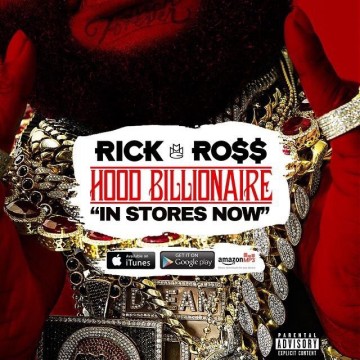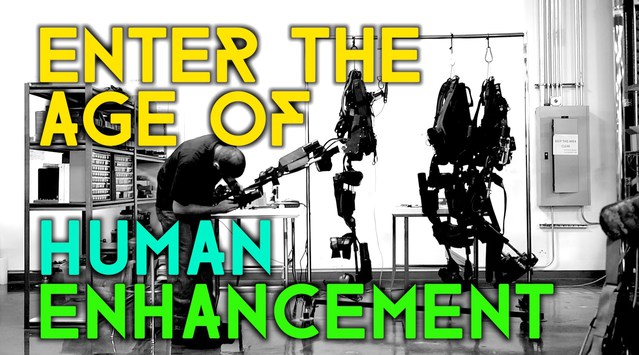Daily 30: Thu 10.30.2014
What It Feels Like To Have Ebola
3mo
3mo
3mo
Dope Sh!t
3mo
3mo
International Spotlight
3mo
'06 Classic
4mo
3mo
LMFAO!!
3mo
Phil Jackson's Winning Formula
3mo
Have You Gotten Yours?
3mo
3mo
3mo
3mo
Happy Birthday
3mo
3mo
Ranked Above Lebron & Carmelo!
4mo
3mo
19 777 Rihanna
4mo
3mo
Hilarious!!
3mo
3mo
3mo
3mo
3mo
#TBT Trailer!
6mo
4mo
7mo
4mo


































